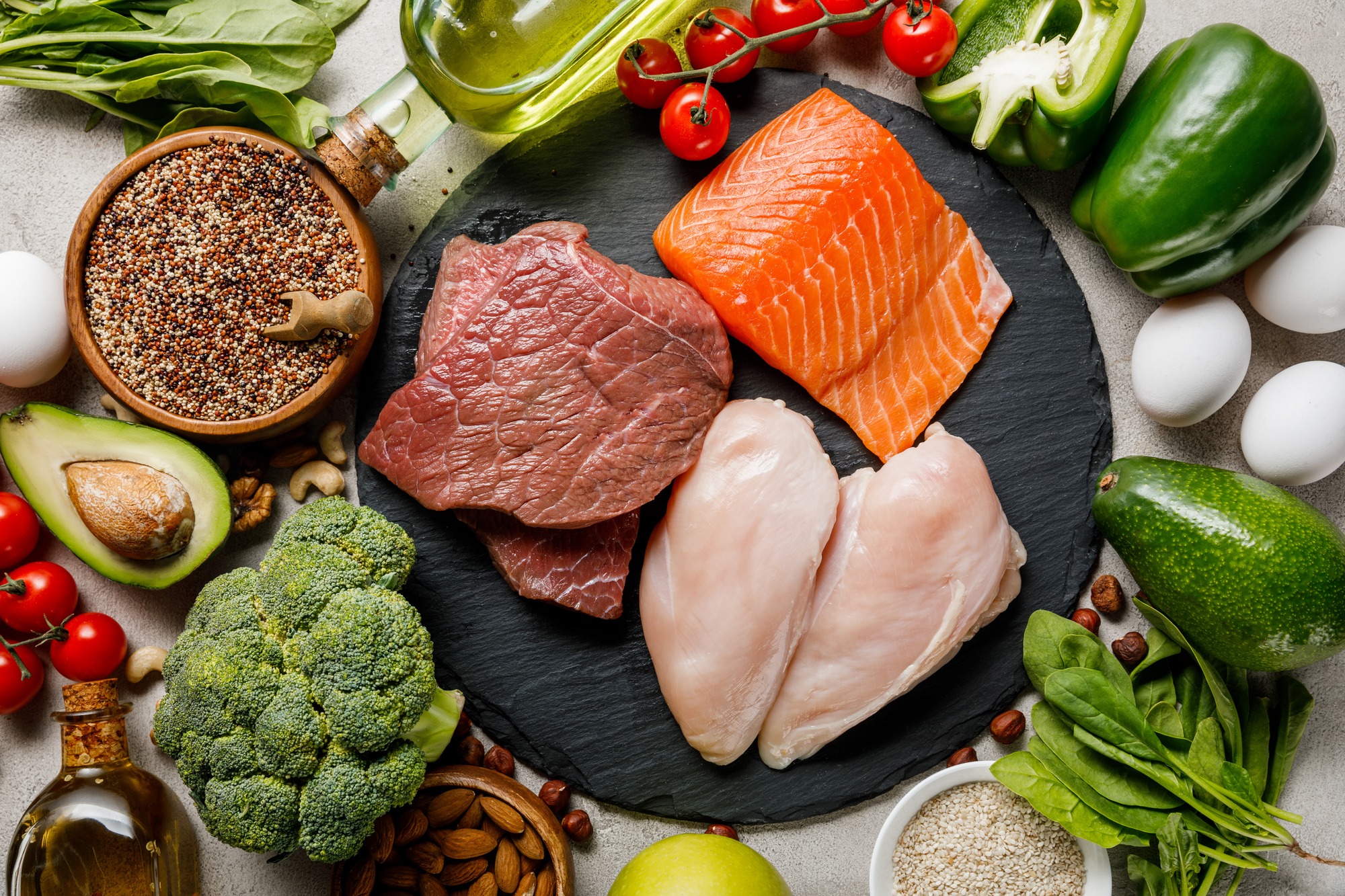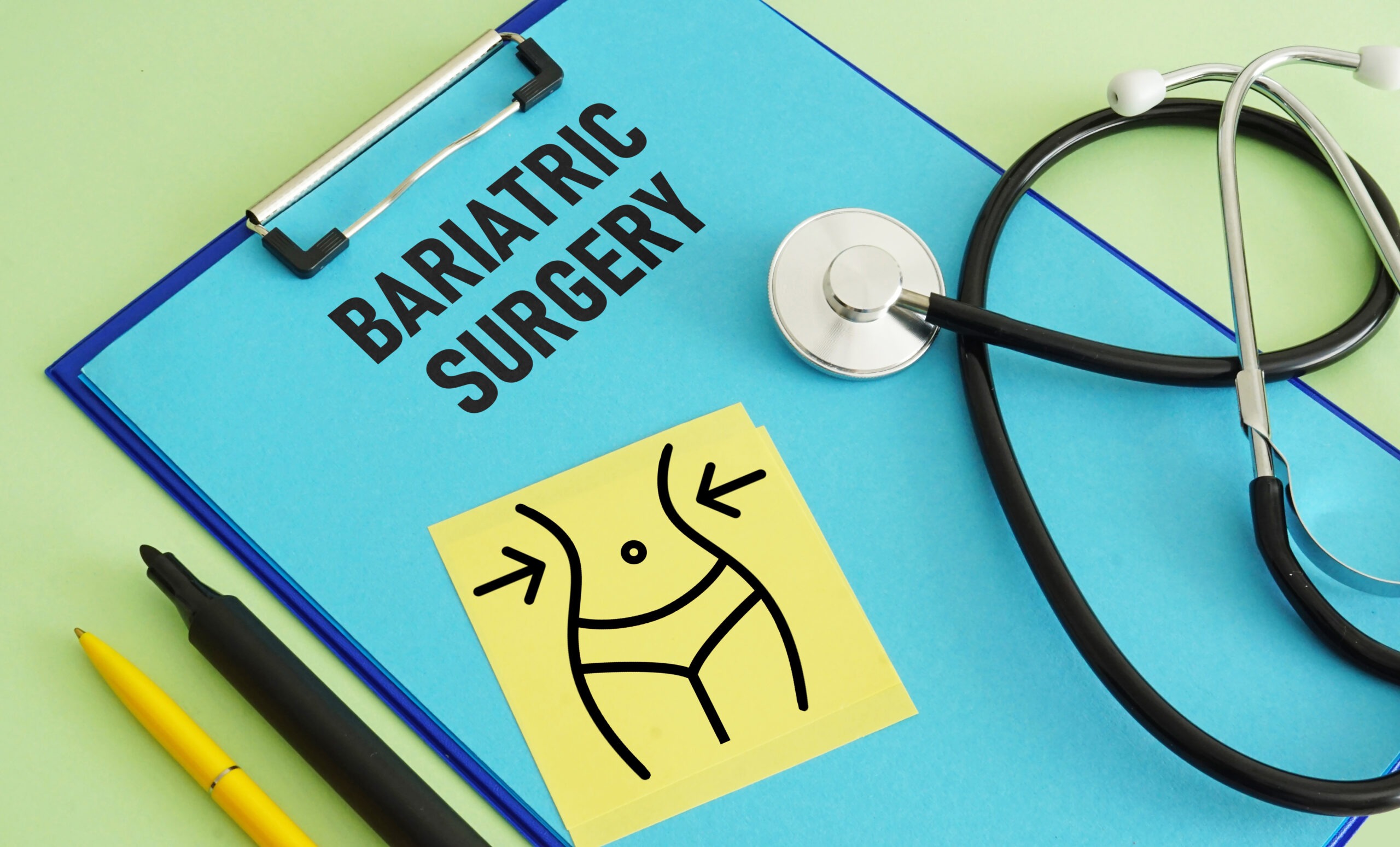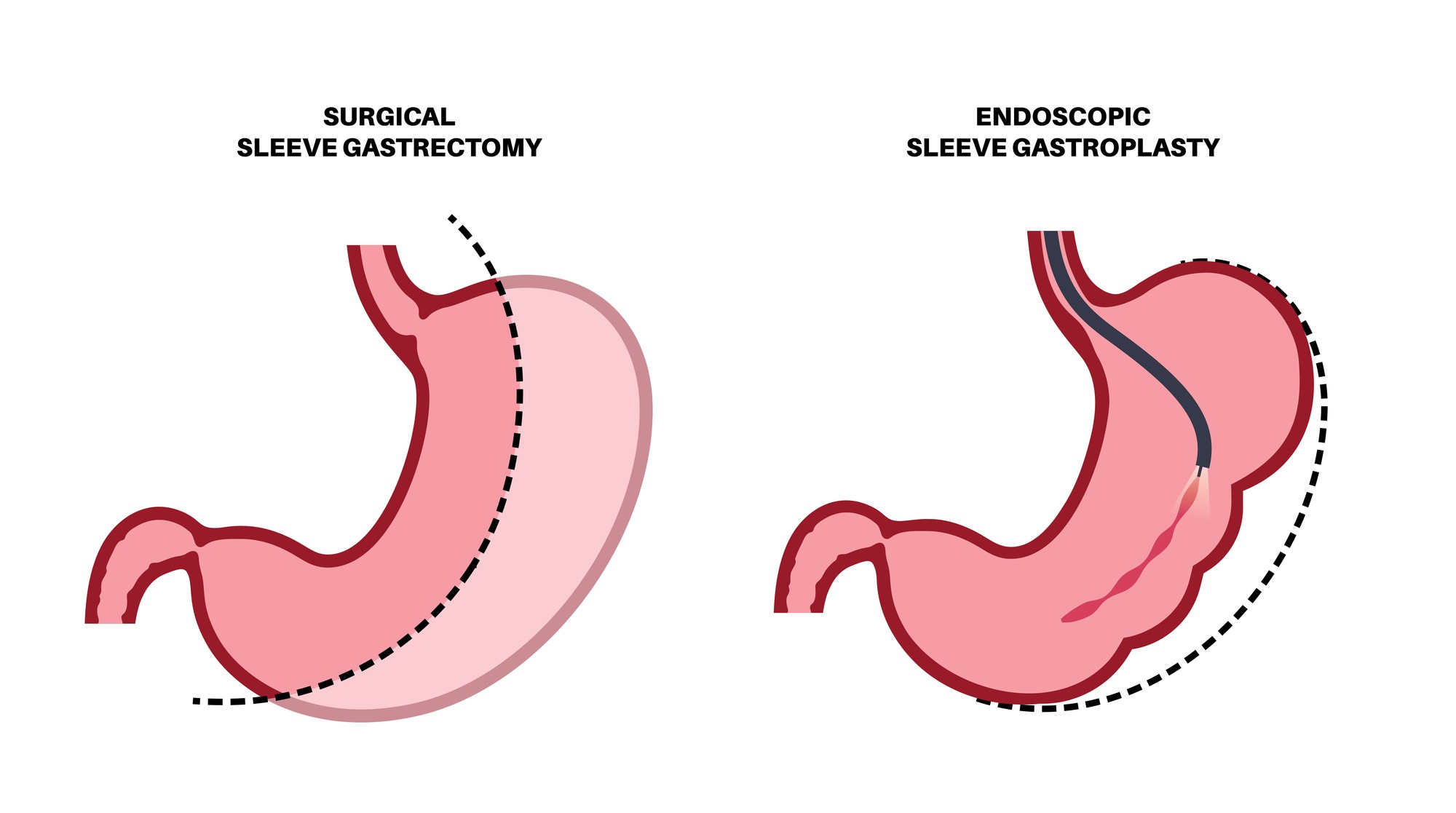If you are like most dieters, you have probably tried a million different diets, exercise routines, and weight loss tips over the years with little to no success. Aside from your food intake, age, gender, and health status, one of the large contributing factors in weight loss is the concept of metabolism.
A strong metabolism is crucial for maintaining a healthy weight and in order to speed up your metabolism, you need to make small changes to your daily routine that will add up to help you burn more calories.
In this post, we will discuss the definition of metabolism, how it affects your ability to burn calories, and some tips you can do every day to naturally boost your metabolism and help you lose weight in the long run.
What is metabolism?
Metabolism, sometimes called metabolic rate, can be described as the set of all chemical processes and reactions in your body that make us alive and functioning. Specifically, it refers to the processes of converting the molecules in the food and drink you consume into energy to fuel your body.
More simply, your metabolic rate is the rate at which your body uses energy or burns calories from food to support various functions such as walking, eating, and exercising, as well as basic body functions such as breathing, digestion, and circulation. Your body burns calories in several ways:
- through your basal metabolic rate (BMR) or the energy needed to keep your body functioning, which is partly determined by genetics
- through daily activities that require movement
- through exercise
People will sometimes blame a “slow metabolism” for changes in their weight, usually when gaining weight. While it is true that metabolism controls how your body burns calories, the more significant factors affecting your weight are from your diet and how much you move.
If you burn more calories than you take into your body, you will shed some pounds. But if you take in more than you burn, you can expect weight gain. Some factors that can also influence your weight are:
- Muscles: Muscle burns more calories than fat even at rest, so you will have higher BMR if you have higher muscle mass.
- Gender: Men tend to burn more calories than women, regardless of physical activity.
- Age: Metabolism slows down as you age because of loss of muscle mass and limited exercise.
Unless you have a condition like Cushing’s syndrome or hypothyroidism (underactive thyroid gland), chances are your metabolism isn’t working against you. But just like everyone’s body is different, so is the metabolic rate, which explains why some people lose or gain weight faster and easier than others.
How Can I Speed Up My Metabolism to Lose Weight?
Most of the processes that make up your body’s metabolism are natural and are happening inside your body without any effort, meaning that they are not something you can control.
But regardless of whether your metabolism is slow or fast, our body naturally stores excess energy into fat. So if your body takes in more calories than it burns, you can expect to gain weight. And if your body burns more calories than what you eat and drink, you’ll likely lose weight.
However, here are some tips you can do to signal your body to burn more calories so you can lose pounds eventually:
Sleep right
The lack of enough quality sleep is one of the major influences of rising cases of obesity worldwide. Researchers suggest that people who don’t get 7 to 8 hours of sleep burn fewer calories at rest compared to those who do.
It is linked to an increase in blood sugar levels and appetite-regulating hormones, which may explain why people who are sleep-deprived often feel hungry, making it extremely difficult to control meals and lose weight.
As much as possible, start a bedtime routine to relax your body before you sleep and have at least 7 hours of quality sleep every day as recommended by the National Sleep Foundation.
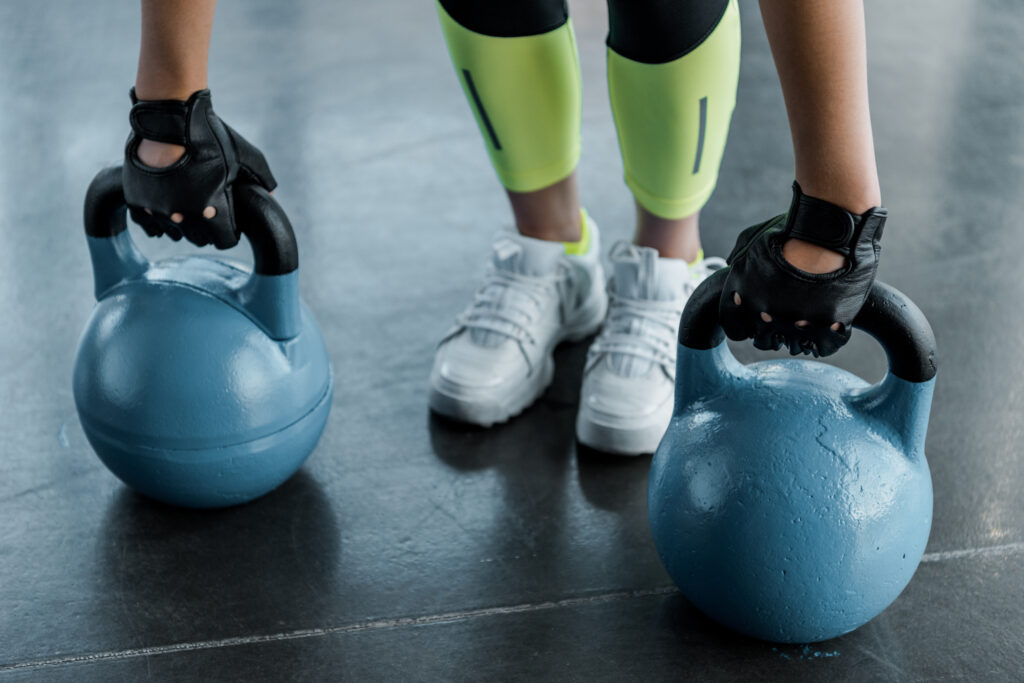
Build muscle
Since your body constantly burns calories even when you’re at rest, it is important to increase your basal metabolic rate to naturally burn more calories. The best way to do this is to exercise regularly, particularly resistance and strength training.
Aside from the many benefits of exercise to our general health, strength training prevents the loss of muscle that naturally occurs as we age. It actually builds more muscles to burn more calories at a higher rate than fat. The higher the muscle mass, the more calories the body will burn while moving and even when at rest.
Staying active through high-intensity interval training or HIIT can increase metabolism as it involves fast and intense bursts of movements. Having a routine that includes both types of workouts can significantly improve your health, boost metabolism, and burn more calories and fat.
Drink enough water
Water makes up around 60 to 70% of our body, which makes it essential to maintain a functioning body, energy levels, mood, brain function, and healthy body weight. Your metabolism may slow down when you are dehydrated because it’s harder for the body to process the food you eat.
Some studies show that drinking enough water every day can help you lose some weight. It is recommended to drink at least 2.7 liters of water for adult women and 3.7 for adult men. But if you find plain water boring, you can have other unsweetened beverages like tea, infused water or kombucha or fruits and vegetables that naturally contain water.
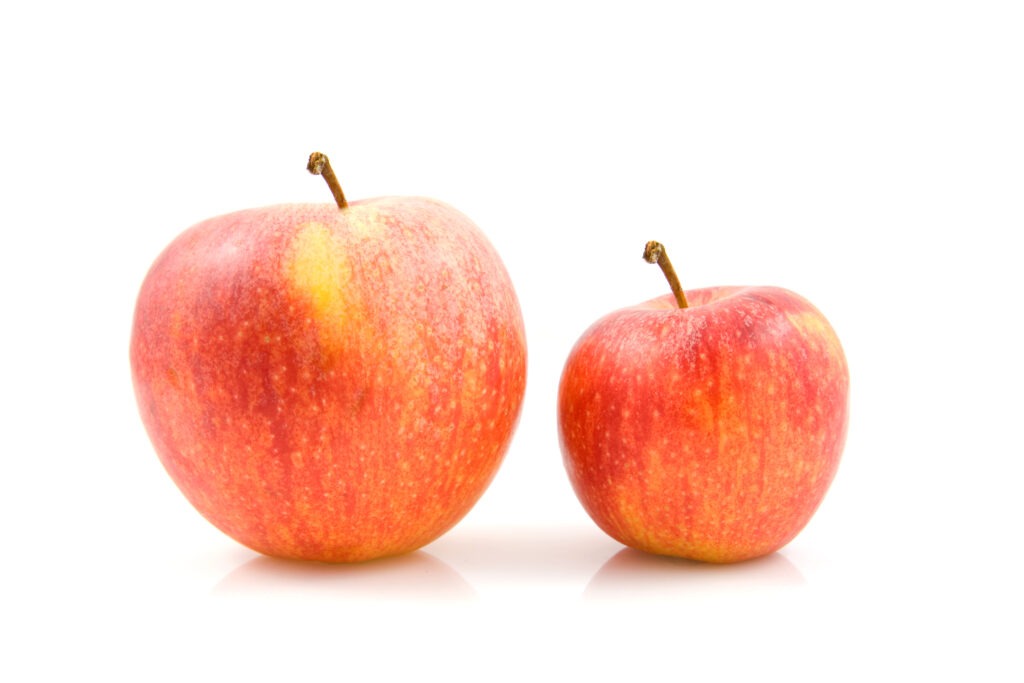
Eat smaller meals
Whenever you eat, your metabolism slightly speeds up to digest and process the food you just ate and convert it into energy. It is often called the thermic effect of food or TEF, which is the energy required to digest and absorb the nutrients in your meal.
Therefore, eating smaller meals more often, every three to four hours, can steadily increase your metabolism and promote weight loss. However, it’s important to consider not just the size of the food, but also the quality. Ideally, it shouldn’t contain junk food like chocolate bars, chips, processed meats, and sugary or alcoholic drinks.
Stay away from empty calories and choose to eat nutrient-dense foods such as fruits, vegetables, lean meat, seafood, low-fat dairy products, whole grains, beans, and nuts should make up your daily meals. Along with eating higher quality foods, it would also help to eat at consistent times to prevent the body from storing calories as fat, since your body is unsure when the next meal will come.
Pack on protein
While it’s important to eat a balanced diet, eating more protein-rich foods can help increase your metabolism by a lot compared to eating more carbs and fat. Proteins require a higher amount of energy to be digested and absorbed by the body, which means that you will use more energy and burn more calories.
Studies show that it can boost metabolism to up to 30%, compared to just 10% for carbs and 3% for fats. It is also beneficial to eat a protein-rich diet as it helps you feel fuller for longer, which then reduces the tendency to overeat and snack after mealtime. It also helps to build and preserve muscle mass, which is often associated with losing weight.
Try to include some lean protein in every meal and snack throughout the day. Some of the best sources of protein include lean beef, chicken breast, seafood, tofu, beans, soy, nuts, eggs, and low-fat dairy products.

Eat enough calories
It’s quite common for dieters to skip meals and cut calories as a way to help them lose weight. After all, the body needs to have a calorie deficit to promote weight loss. However, if you are taking in too few calories, it could work against your metabolism and weight loss goals.
When the body senses that you are cutting too many calories, it goes into starvation mode, slows down your metabolism, and conserves your energy stores. But it might not only affect the rate at which your body burns calories. It might also trigger the body to break down not only your stored carbs and fats but also protein from your muscles to maintain proper body functioning.
Depending on your age, weight, and physical activity level, adult women are recommended to eat 1,600 to 2,400 calories per day, while adult men need around 2,400 to 3,000. If you’re planning to lower your calorie intake to minimize muscle loss and maximize fat loss, it’s best to talk to a registered dietician to help set up an appropriate meal plan specific to your diet, physical activity, and lifestyle.
If you have been trying to lose weight for years now, it is important that you understand the concept of metabolism and how your daily habits affect your ability to burn fat and calories. Simple habits like sleeping right, getting more active, and eating more protein are some ways you can incorporate into your everyday life to naturally boost metabolism.
Our team of registered dieticians and nutrition counselors at Beltline Health has helped thousands of people achieve their weight goals by providing professional guidance and assistance in evaluating each individual’s needs and creating a personalized meal plan based on their health status and goals.
If you still find yourself struggling to start your weight loss journey, head on to our website to schedule your consultation with one of our nutrition experts. To know more about other services we offer, you may reach us at (470) 419-4380.


